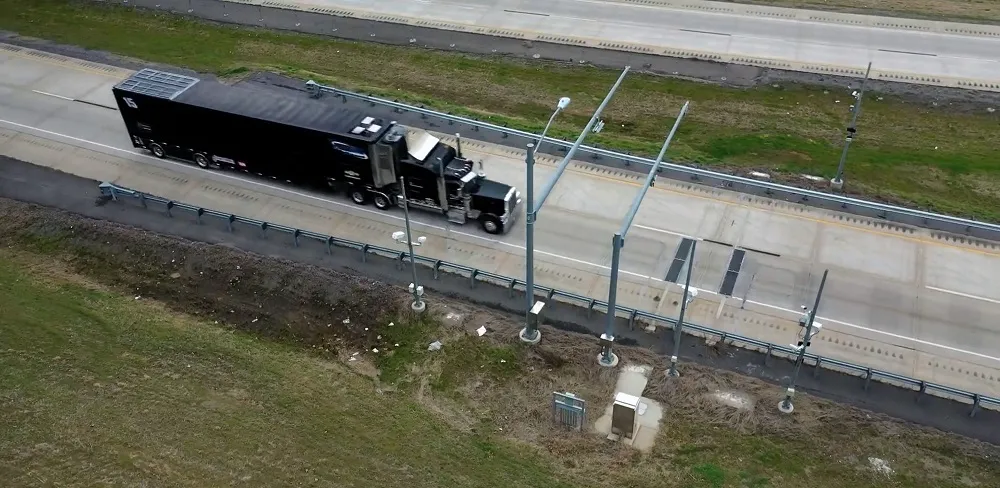The long awaited and much needed commercial telematics consolidation movement is finally coming to fruition, according to ABI Research. With Trimble’s acquisition of PeopleNet and Masternaut and Cybit combining forces, the extremely fragmented commercial telematics industry, which consists of hundreds of locally active players, is consolidating to become more globally-minded. These changes will allow the fleet management industry to grow towards yearly global revenues of US$6.43 billion by 2016.
April 18, 2012
Read time: 2 mins
RSSThe long awaited and much needed commercial telematics consolidation movement is finally coming to fruition, according to 5725 ABI Research. With 1985 Trimble’s acquisition of PeopleNet and 748 Masternaut and 1060 Cybit combining forces, the extremely fragmented commercial telematics industry, which consists of hundreds of locally active players, is consolidating to become more globally-minded. These changes will allow the fleet management industry to grow towards yearly global revenues of US$6.43 billion by 2016.
In July 2011, GPS technology vendor Trimble announced its decision to acquire fleet management vendor PeopleNet, with the close expected in Q3 2011. Cybit and Masternaut followed suit in April 2011 and joined forces under the Masternaut name to form a single, pan-European telematics company. These mergers give these companies the depth and breadth to challenge powerhouses such as213 Qualcomm and Transics.
Telematics and navigation group director Dominique Bonte comments: “Fleet management vendors are looking at acquisitions and mergers for a variety of reasons and objectives: increasing scale, customer base, and market share; entering new vertical segments, expanding into new regions, or acquiring vital complimentary assets, know-how, and skills to address future challenges. These are the clear signs of an industry reaching a mature phase. However, while all recent acquisitions seem to be very complementary, it will take time to integrate different solutions and disparate technologies and achieve the full benefits of the consolidation.”
ABI Research’s study, “Fleet Management and Trailer Tracking Systems,” covers both in-cab trucking and non-trucking fleet management systems and trailer tracking solutions. It contains detailed descriptions of segments and verticals, applications and functionality, market drivers and barriers, ROI, regulation and legislation, as well as subscribers, shipment, and revenue forecasts.
In July 2011, GPS technology vendor Trimble announced its decision to acquire fleet management vendor PeopleNet, with the close expected in Q3 2011. Cybit and Masternaut followed suit in April 2011 and joined forces under the Masternaut name to form a single, pan-European telematics company. These mergers give these companies the depth and breadth to challenge powerhouses such as
Telematics and navigation group director Dominique Bonte comments: “Fleet management vendors are looking at acquisitions and mergers for a variety of reasons and objectives: increasing scale, customer base, and market share; entering new vertical segments, expanding into new regions, or acquiring vital complimentary assets, know-how, and skills to address future challenges. These are the clear signs of an industry reaching a mature phase. However, while all recent acquisitions seem to be very complementary, it will take time to integrate different solutions and disparate technologies and achieve the full benefits of the consolidation.”
ABI Research’s study, “Fleet Management and Trailer Tracking Systems,” covers both in-cab trucking and non-trucking fleet management systems and trailer tracking solutions. It contains detailed descriptions of segments and verticals, applications and functionality, market drivers and barriers, ROI, regulation and legislation, as well as subscribers, shipment, and revenue forecasts.








